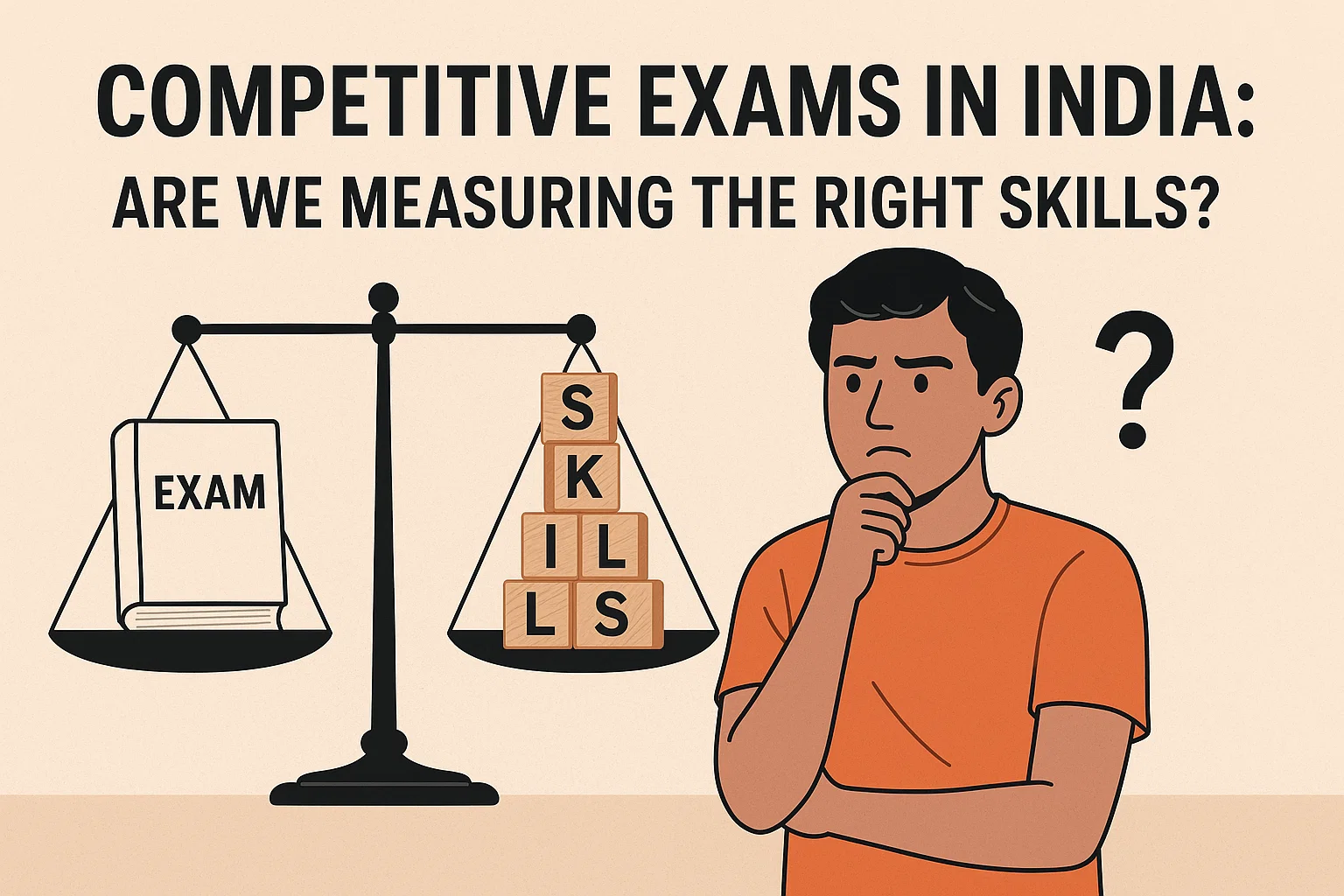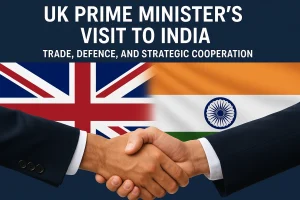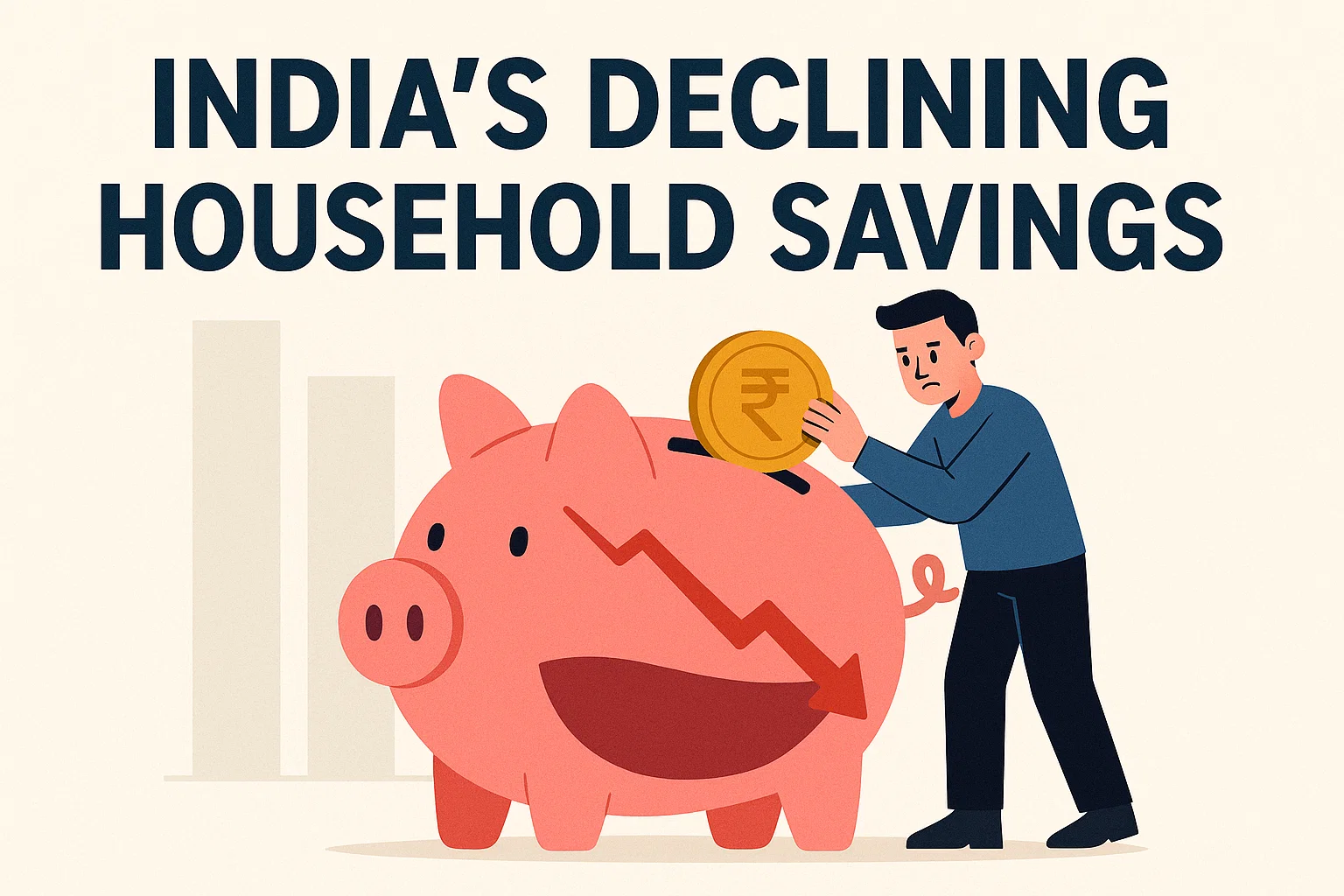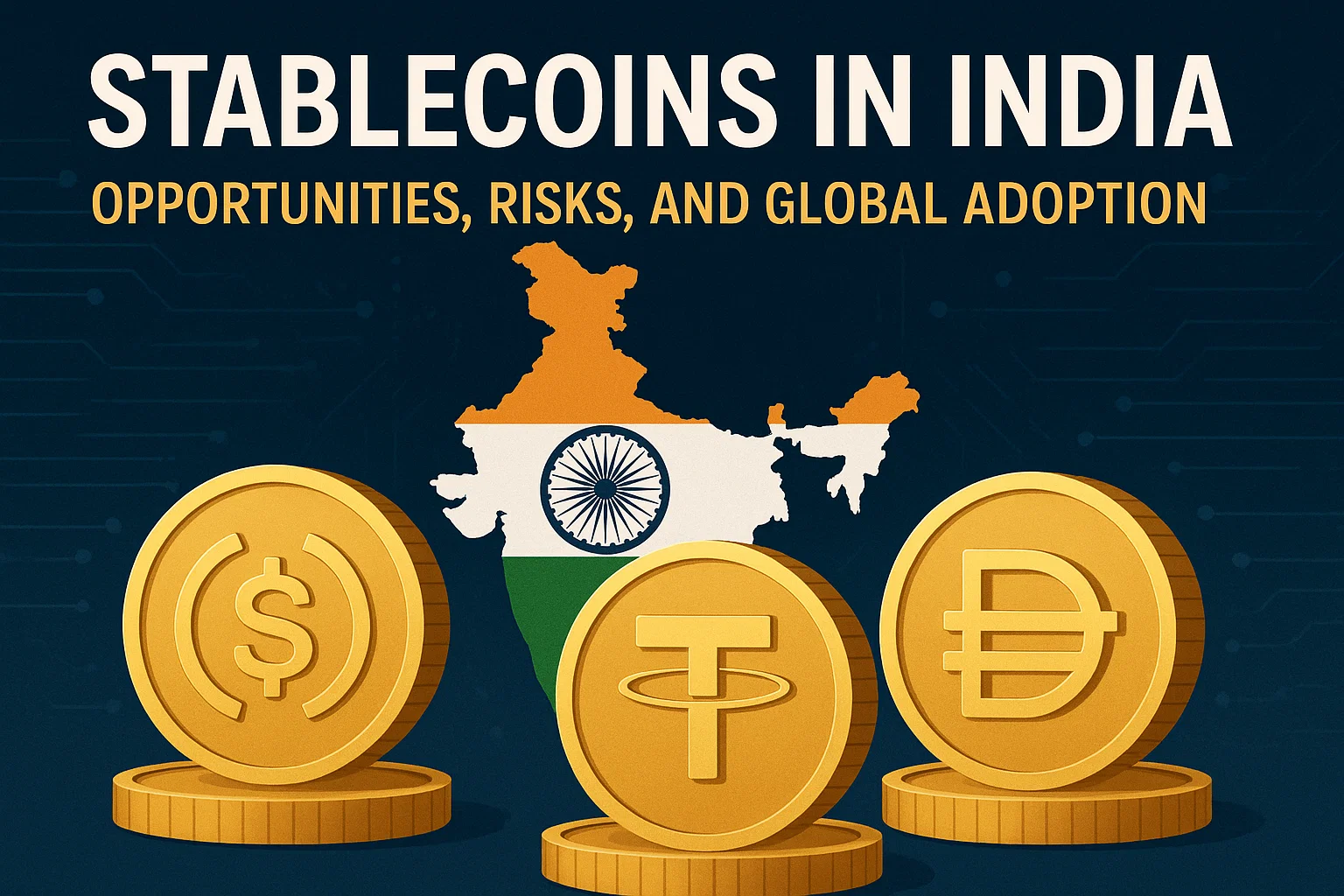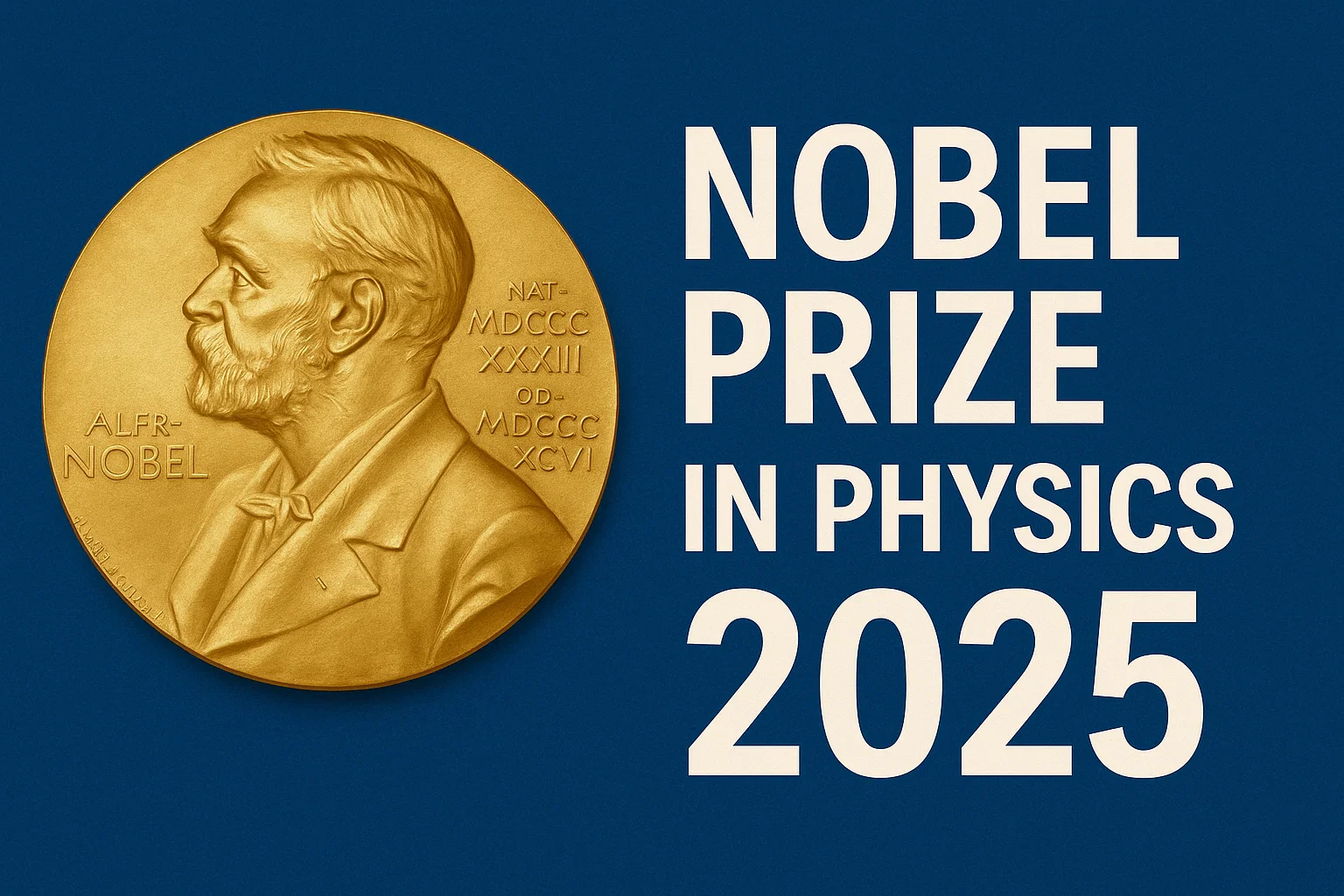Competitive Exams in India: Are We Measuring the Right Skills?
Devina Mehra critiques India’s competitive exams like CAT and UPSC, highlighting how speed, rote learning, and generalist selection overlook creativity, emotional intelligence, and specialised skills, leading to wasted talent and inefficiency.
Introduction : Competitive Exams in India
In her critique, “Competitive Exams in India: Are We Testing the Right Parameters?” (Mint, October 9, 2025), financier and analyst Devina Mehra questions the very foundations of India’s most respected competitive exams. She cites the well-known saying, “Whatever gets measured gets managed,” to highlight a deep national problem — India’s leading examinations measure the wrong qualities. According to her, tests like the Common Admission Test (CAT) and the Union Public Service Commission (UPSC) exam reward speed and rote learning, while ignoring essential abilities such as strategic thinking, emotional intelligence, and subject expertise. Rooted in colonial systems and sustained by vested interests, these tests waste human potential and weaken both governance and business leadership.
The CAT Problem: Speed over Substance
The CAT serves as the gateway to India’s top business schools and, indirectly, to many leadership roles in industry. Yet, as Mehra points out, the test measures only two things — English comprehension and mathematical reasoning — with a heavy focus on how quickly problems are solved. It rewards those who can think fast, not necessarily those who can think deeply.
This design might be effective for identifying quick learners but fails to reflect what real business management involves. Business leaders do not make million-pound decisions in under a minute; they analyse data, debate strategies, and weigh risks carefully. As Mehra explains, “I cannot think of a single business where the difference between success and failure depends on a few minutes in the speed of decision-making.”
True managerial ability lies in vision, communication, emotional balance, and creative problem-solving — qualities that cannot be tested through rapid-fire questions. This is why some of the world’s most successful entrepreneurs, such as Dhirubhai Ambani, Richard Branson, and Vijay Shekhar Sharma, achieved greatness without formal management degrees. Their success came from imagination, persistence, and intuition rather than from mastering the CAT’s narrow format.
Ultimately, the CAT filters for students who are good at taking the CAT — not necessarily those who will become visionary leaders.
The UPSC Flaw: One Exam for Many Roles
If the CAT tests the wrong things, the UPSC exam suffers from trying to test everything at once. As Mehra argues, the UPSC is “flawed and absurd” because it is a single gateway to more than twenty different civil services — including the Indian Administrative Service (IAS), the Indian Foreign Service (IFS), the Indian Police Service (IPS), and others. Each of these roles demands unique talents and personalities, yet they are all filled based on one common ranking.
This design leads to mismatches between individuals and their jobs. A humanities student who memorises economics to clear the exam might end up managing taxes in the Indian Revenue Service, while a shy academic could be placed in the police, a role requiring authority and fieldwork. Conversely, the Foreign Service needs diplomacy, language skills, and cultural awareness — traits that a generalised written exam cannot measure.
Once assigned, candidates cannot easily refuse a posting. This traps many capable people in roles unsuited to their skills, causing frustration, inefficiency, and wasted potential. As Mehra observes, this results in “suboptimal outcomes for the country,” as intelligent officers are stuck doing work they neither enjoy nor excel at.
The Generalist Trap
The problems do not end with recruitment. Within the civil services, especially the IAS, officers are transferred frequently between unrelated departments — from health to agriculture to finance — in the name of creating “well-rounded administrators.” While this rotation aims to build experience, it often prevents officers from gaining real expertise in any field.
Modern governance, however, demands specialisation. Issues like climate change, cybersecurity, and public health require deep technical understanding. Surveys cited by Mehra show that many IAS officers themselves feel “underprepared for technical roles.” This lack of expertise leads to poorly designed policies and dependence on junior technical staff for decisions that require senior-level understanding.
Even worse, this structure encourages a rigid hierarchy. Senior officials who lack subject knowledge may feel threatened by skilled juniors and block their advancement. Mehra highlights the “power- and hierarchy-conscious” culture within the IAS, where senior officers protect their positions rather than encourage specialists. This resistance to change prioritises control over competence and delays progress in critical sectors.
Learning from Other Nations
Many countries have found better ways to match talent to responsibility. Singapore and the United States offer two strong examples.
In the US, each federal agency hires for specific roles. The Internal Revenue Service recruits accountants and lawyers; the State Department focuses on diplomacy, languages, and cross-cultural understanding. This ensures a natural fit between an individual’s background and the demands of the job.
Singapore’s civil service, admired for its efficiency, takes this further. It uses aptitude tests, in-depth interviews, and behavioural assessments to evaluate candidates. The goal is not just intelligence but the right combination of skill and temperament for each role. As a result, Singapore’s bureaucracy is composed of specialists with deep domain knowledge who can make informed policy decisions.
By contrast, Indian officers often appear less confident in international settings, not due to lack of ability, but because they lack sustained experience in one field. Mehra’s comparison with global systems makes clear that India’s “one-size-fits-all” recruitment model has fallen behind the needs of a complex modern state.
The Coaching Industry and Systemic Inertia
India’s examination culture is further distorted by the rise of a vast coaching industry worth billions of rupees. These institutes exist not to encourage creativity or leadership but to train students in exam shortcuts — memorising patterns, managing time, and recognising question types. Success becomes a reflection not of talent but of access to the best coaching, which deepens social inequality.
This “exam economy” also discourages reform. Coaching institutes, elite business schools, and powerful administrative networks all profit from the current system. The IAS lobby, for example, resists efforts to introduce specialised recruitment, as it would weaken their traditional control. Likewise, management schools see little reason to question the CAT since it continues to deliver high-scoring candidates.
These entrenched interests make change extremely difficult. The system’s design, inherited from the colonial Indian Civil Service, was built to produce obedient generalists rather than innovative leaders. Today, that outdated model still shapes India’s future, preventing it from fully utilising its human capital.
Conclusion: Redefining Merit for a New Era
Devina Mehra’s critique is a timely call for India to rethink how it defines and measures merit. The CAT and UPSC, despite their prestige, fail to identify the qualities that matter most in the modern world. By glorifying speed over substance, general knowledge over specialisation, and rote learning over creativity, they narrow the nation’s talent pipeline.
Reform will require courage and vision — a shift from uniform, high-stakes exams to flexible, role-specific assessments that value analytical ability, ethical reasoning, and emotional intelligence. This also means recognising that effective governance and management depend on specialists who understand their domains deeply.
Some will resist change, but inaction costs more. A nation’s progress depends on its ability to place the right people in the right roles. Until India starts measuring what truly matters, it will continue to mismanage its most valuable resource — its human potential.
Subscribe to our Youtube Channel for more Valuable Content – TheStudyias
Download the App to Subscribe to our Courses – Thestudyias
The Source’s Authority and Ownership of the Article is Claimed By THE STUDY IAS BY MANIKANT SINGH
